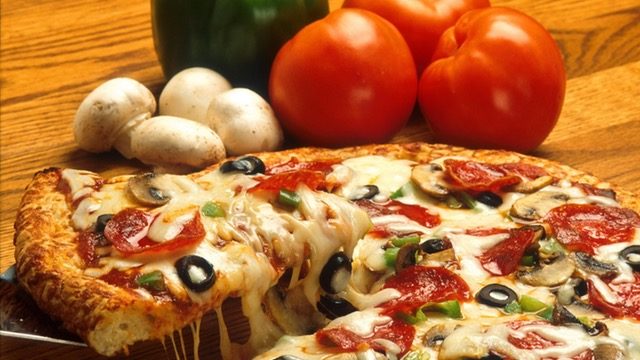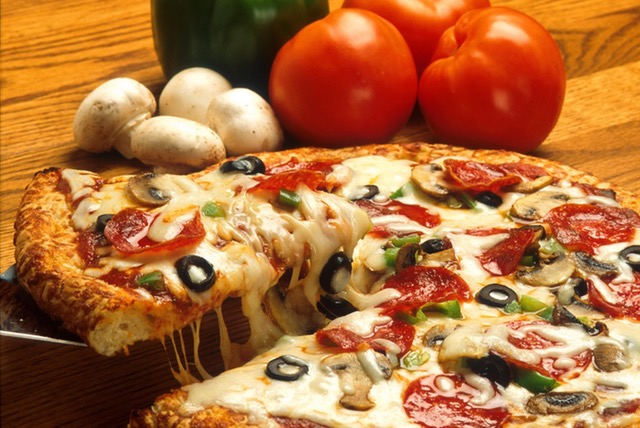If you’re feeling like your team’s mood and productivity could use a jump start as winter winds down, you’re not alone. However, you’re probably wondering if there’s anything new you should try to get things moving in the right direction. The answer might be more simple, and cost effective than you think. When it comes to motivating your team, do you think cold hard cash, pizza, or a simple compliment will be the most effective? We’re pretty sure the answer will surprise you.
You’re probably thinking that the cold hard cash would be the most meaningful to your employees, and while it’s the most expensive option, it would seemingly be the most effective. However, according to the results of 51 separate studies analyzed by the London School of Economics and Political Science, performance based incentives can backfire. Dr. Bernd Irlenbusch from the LSE’s Department of Management explains, “We find that financial incentives may indeed reduce intrinsic motivation and diminish ethical or other reasons for complying with workplace social norms such as fairness. As a consequence, the provision of incentives can result in a negative impact on overall performance.”
Additionally, another study conducted by Dan Ariely tested which reward actually performed best out of cash, pizza or compliments. His results also showed that cash actually caused the test team’s performance to drop. The other teams that were promised pizza or a compliment texted to them from their boss outperformed the cash incentive team.
The productivity of the pizza and compliment recipients jumped almost seven percent. The one day productivity increase of the pizza group was .01 percent better than the compliment group, but when the group performance throughout the study was analyzed, ultimately, the compliment group had the best productivity. So surprisingly, cash was not king in this case.
Ariely’s study reinforces the results of what researcher Janice Kaplan found in her gratitude study, “70 percent of people would feel better about themselves if their boss were more grateful and 81 percent would work harder.”
Kaplan polled more than 2000 people in the US in her gratitude study and found that people aren’t only forgetting to say thank you to their bosses and colleagues, “90% of people describe themselves as grateful for their family and 87 % are similarly grateful for their closest friends. But only 52 percent of women and 44 percent of men express gratitude on a regular basis.”
So why is gratitude so important and so effective? Gratitude fosters a sense of connection and community among colleagues. When employees feel appreciated, they are inspired to work harder and believe their work will be valued. Long after the pizza is eaten and a bonus has been spent, their feelings about how critical they are to an organization and how their efforts are noticed by their managers ultimately influence not only their productivity, but ultimately their tenure.
Financial incentives do have their place in employee motivation, but relying singularly on cash to fix a morale issue may not be the solution the problem needs. Just like a pizza lunch won’t make your team happy if they feel they’re being underpaid. Assess what’s happening on your team before you select your motivational tool. Also, saying “good job” just to say it can backfire. Your compliment must be genuine!
The approach you take to motivate your team should be meaningful and carefully designed. However, the case for ordering pizza and giving compliments is strong, and should not be underestimated as a way to get your team back on the path to success!


